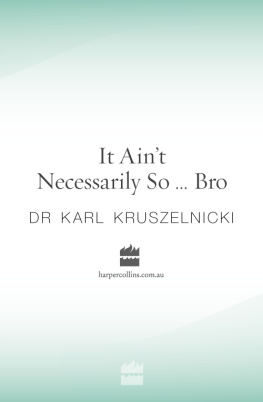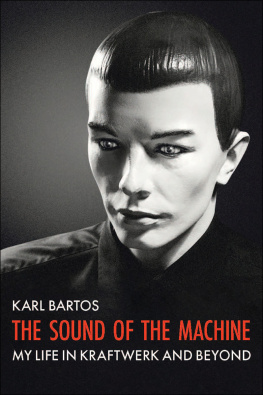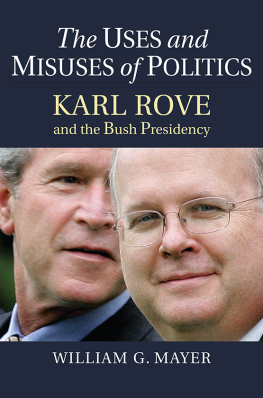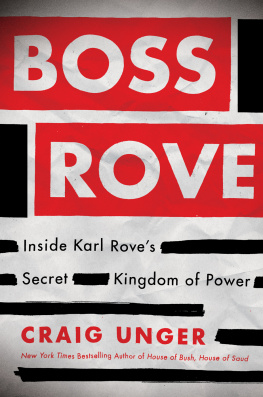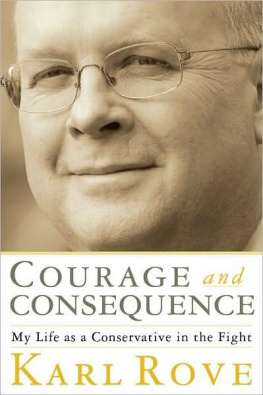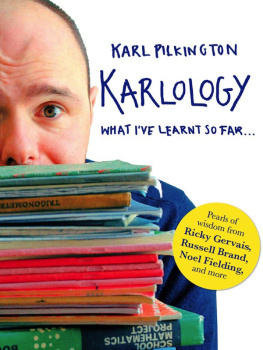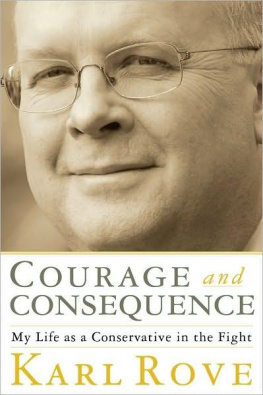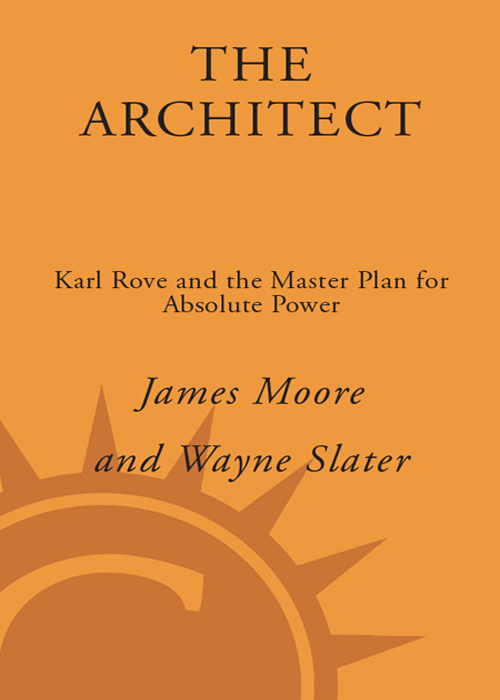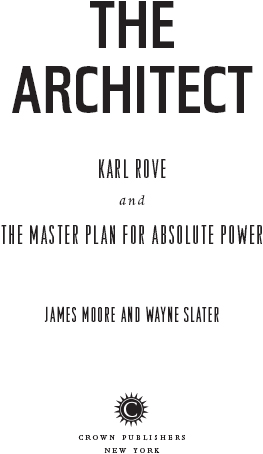For my mother,
Elizabeth Joyce Hiscock Moore,
in honor of her immigrant dreams of America.
JCM
For Ouida Slater, who gave me life.
And for Etta Gluff, whose daughter, Dianne, gave my life meaning.
WRS
As nightfall does not come all at once, neither does oppression. In both instances, there is a twilight when everything remains seemingly unchanged. And it is in such twilight that we all must be aware of change in the air however slight, lest we become unwitting victims of the darkness.
Justice William O. Douglas
Acknowledgments
O n late-night flights and during cocktail chatter, reporters traveling on presidential campaigns speculate about books they might write detailing the historical moment theyre covering. Authoring a book seems far preferable to the mundane work of filing daily stories. Although books about the Bush presidency have long since jammed American bookshelves, during Bushs political ascension there was little to say beyond the obvious. We were only marginally interested in the presidents story. As Texas journalists, we were too familiar with its predictable contours. Our fascination had long been focused on Karl Rove, who we knew was the reason George W. Bush was bound for the White House.
The president may become a historically tragic figure of great intrigue, but Roves story continuesfor us and many othersto be more engaging. From the time Rove set up shop on the limestone bluffs above Shoal Creek in Austin in the late 1970s, weve been interviewing him, writing about his skills and tricks. And like every other journalist hes known, weve also been a little bit used by the big brained strategist. For more than two-and-a-half decades, weve been building clip files, transcribing news-conference tapes, talking to his political opponents, and gathering every Rove info-nugget we could find. Our initial book, Bushs Brain: How Karl Rove Made George W. Bush Presidential, merely tapped some of that materialand certainly since that books publication, Rove has merited even closer scrutiny.
Rove helmed the presidents decisive 2004 reelection in spite of an unpopular war and a scandal a week involving his political party. In recent years, his role and importance have expanded in significance, and when federal investigators probed the leaking of a CIA agents name to a reporter, we suspected Karl of using his time-tested practice of hiding behind a reporters obligation to protect sources. Karl Rove wasnt someone we felt comfortable ignoring. We had experience dealing with him, and sources willing to talk, and we felt his story had only increased in relevance. No one, of course, ever sets out to be the biographer of a political consultant, but theres never been a political consultant like Rove.
Reporting on him hasnt been a simple task. The number of people willing to speak has often been limited by fear of retribution. Nonetheless, we found individuals, interested in facts, who provided information both on and off the record. Our debt to them is immense, and we hope their contribution to the historical record will be appreciated by more than these two writers from the Texas hill country.
Marc Schwartz told us of his meetings with Jack Abramoff and Karl Rove, while Linda Lipson patiently explained the trial lawyers perspective on Roves tort reform. David Swanson laid out the details of the Rove attack on unions, and John Ryan offered specifics from a union local in Cleveland. Roves former colleague and friend Bill Israel gave patient and considered insight on Karl, the person. Richard Land helped us to understand the power of religion in GOP politics and how it motivates Karl. Bobbie Gobel explained the nascent enthusiasm among fundamentalists for George W. Bush. Patrick Guerriero helped us to appreciate the political fight of gay Republicans, and Kelly Shackleford offered a detailed rationale for the use of homosexuals as an issueas did Ted Haggard. Former Texas Governor Ann Richards was gracious and forthright on her experiences with Karl Rove, as was Bush and Rove associate Don Sipple. Joe Perkins provided information on how Rove attacked in Alabama. Journalist Anne Marie Kilday told of an intimidating call from Rove to her home. Mark McKinnon consistently offered the positive view of Karl and Professor John Green of Akron explained how the gay issue worked in Ohio. David Barton of the Texas Republican Party spoke the truth about Roves role in the election in Ohio, and the former head of the Texas GOP, Tom Pauken, still hasnt flinched from his beliefs, offering always candid comments. Pastor Dallas Billington provided insight on how gay marriage and religious values motivate voters, and Dan Trevas told us about how the Democrats in Ohio werent paying close enough attention. Doug Wead and Ken Luce were open about their political relationships with Karl and the Bush family, and Ralph Reed offered time to understand his motivations. Reporter Ken Herman, who hates to be interviewed by fellow journalists, agreed to answer a few questions. Author Frederick Clarkson was a source of great material on the beginning of the political power of Christians in America, and Max Blumenthal showed a masterful grasp of how far theyve come.
Eric Resnicks perspective regarding what it was like being a gay reporter covering an antigay campaign was invaluable. John Aravosis and Mike Rogers, who confront hypocrisy in all its forms, were outstanding interview subjects and sources. Canton, Ohio mayor Janet Creightons enthusiasm for political accomplishment gave us the winners point of view after a Rove-assisted win, and Matthew Dowd shared the numbers Karl read for guidance. Bob Klaffky and Doug Preisse, Ohios leading GOP consultants, gave us time, knowledge, and strategic insight, and old friend Pieter Wykoff showed us the way across the Buckeye state. Bob Bennett, one of the Republican Partys most successful state leaders, invited us to receptions and fund-raisers and explained what hes done in his home state of Ohio. Herb Asher, an esteemed political thinker and Ohio State professor, gave us the big picture we didnt have, and Rocky Saxbe unveiled a dissident Republican voice in Ohio. Chad Clanton revealed what it was like for the Kerry people to be on the receiving end of a Swift Boat attack, while Jo Ann Davidson and Tom Erney impressed us with their frankness. Deal Hudson shared private moments with Karl and an understanding of how religious voters are animated, as did Pastor John Hays. Walter Dean Burnhams fine mind gave us the long historical view of Karls work, and the decades of experience from Ohio reporter Lee Leonard were critical to grasping the states political dynamics. Gary Marx acknowledged the facts behind claims that church directories were a valuable tool for an Ohio win, and Rob Schuler facilitated our understanding of what it is like to be a Christian soldier in a campaign.


